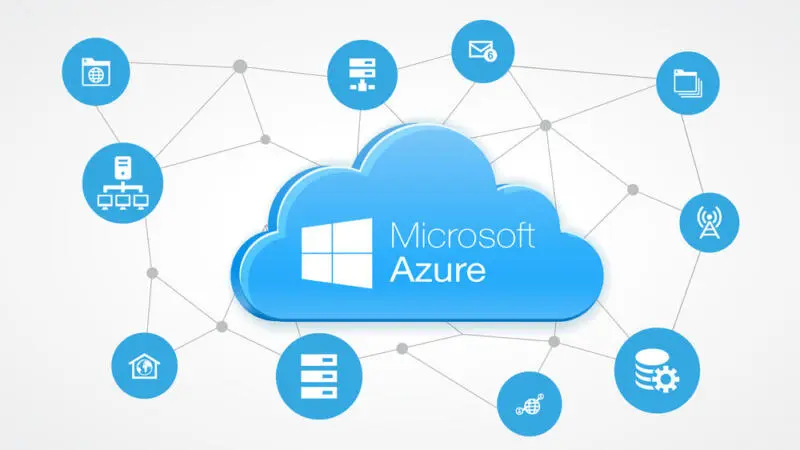What is Microsoft Azure Cloud Service? In the dynamic realm of cloud computing, Microsoft Azure has emerged as a pivotal player, providing a comprehensive suite of cloud services to businesses and individuals.
This article aims to shed light on the essence of Microsoft Azure, exploring its core components, functionalities, and the transformative impact it has on the digital landscape.

What is Microsoft Azure Cloud Service? – Understanding Microsoft Azure Cloud Services
Microsoft Azure is a cloud computing platform offered by Microsoft, encompassing a broad spectrum of services ranging from infrastructure to software applications. As a robust and scalable solution, Azure empowers organizations to build, deploy, and manage applications with flexibility and efficiency.
What is Microsoft Azure Cloud Service? – Key Components of Microsoft Azure
- Infrastructure as a Service (IaaS): At the heart of Microsoft Azure is its IaaS offering, allowing users to access virtual machines, storage, and networking resources on a pay-as-you-go basis. Azure Virtual Machines enable users to deploy and manage scalable computing resources, facilitating the development and hosting of applications in the cloud.
- Platform as a Service (PaaS): Azure’s PaaS offerings, such as Azure App Service, provide a streamlined environment for application development and deployment. Developers can focus on coding without concerning themselves with the underlying infrastructure, resulting in increased productivity and faster time-to-market for applications.
- Software as a Service (SaaS): Microsoft 365, formerly known as Office 365, is Azure’s suite of SaaS applications. It includes productivity tools like Microsoft Word, Excel, and Teams, offering collaboration and communication solutions for businesses.
- Data and Analytics: Azure offers a robust set of tools for data storage, processing, and analytics. Azure SQL Database, Azure Cosmos DB, and Azure Data Factory are among the services that facilitate data management and analytics, allowing organizations to derive valuable insights from their data.
- Artificial Intelligence and Machine Learning: Azure’s AI and machine learning services empower organizations to integrate intelligent capabilities into their applications. Azure Machine Learning, Cognitive Services, and Azure Bot Service enable the development of smart applications that can understand, interpret, and respond to user inputs.
- Networking and Security: Azure’s global network infrastructure ensures reliable and secure connectivity. Services like Azure Virtual Network and Azure Active Directory contribute to robust networking and identity management, while Azure Security Center provides advanced threat protection across hybrid cloud environments.
What is Microsoft Azure Cloud Service? – Impact on Businesses
- Scalability and Flexibility: Microsoft Azure offers businesses the ability to scale their infrastructure on demand. Whether facing fluctuations in user demand or planning for business growth, Azure’s scalability ensures that organizations can adapt to changing requirements seamlessly.
- Hybrid Cloud Solutions: Azure’s hybrid cloud solutions allow organizations to integrate on-premises data centers with cloud services. This flexibility enables businesses to leverage existing investments while taking advantage of the agility and scalability provided by the cloud.
- Cost Optimization: Azure’s pay-as-you-go model and cost management tools help organizations optimize their cloud spending. Users only pay for the resources they consume, allowing for efficient cost management and budget control.
- Innovation and Development: Azure’s extensive set of developer tools and services accelerates the innovation process. With integrated development environments, continuous integration, and DevOps support, developers can build, test, and deploy applications with increased speed and efficiency.
Conclusion
In conclusion, Microsoft Azure stands as a powerhouse in the realm of cloud computing, offering a versatile and robust platform for businesses and developers alike. Its impact on the digital landscape is evident, driving innovation, scalability, and efficiency across various industries. As the demand for cloud services continues to rise, Microsoft Azure remains at the forefront, shaping the future of technology and providing a solid foundation for organizations to thrive in the digital age.
